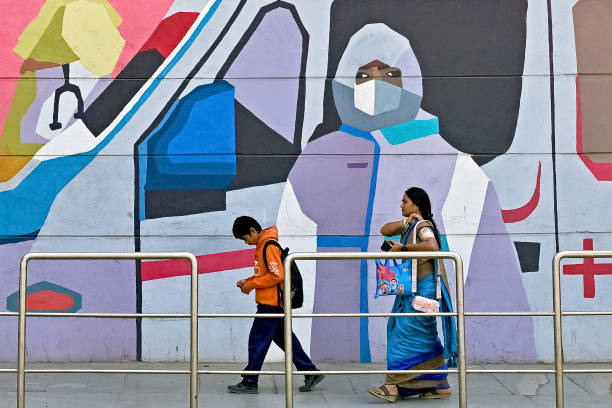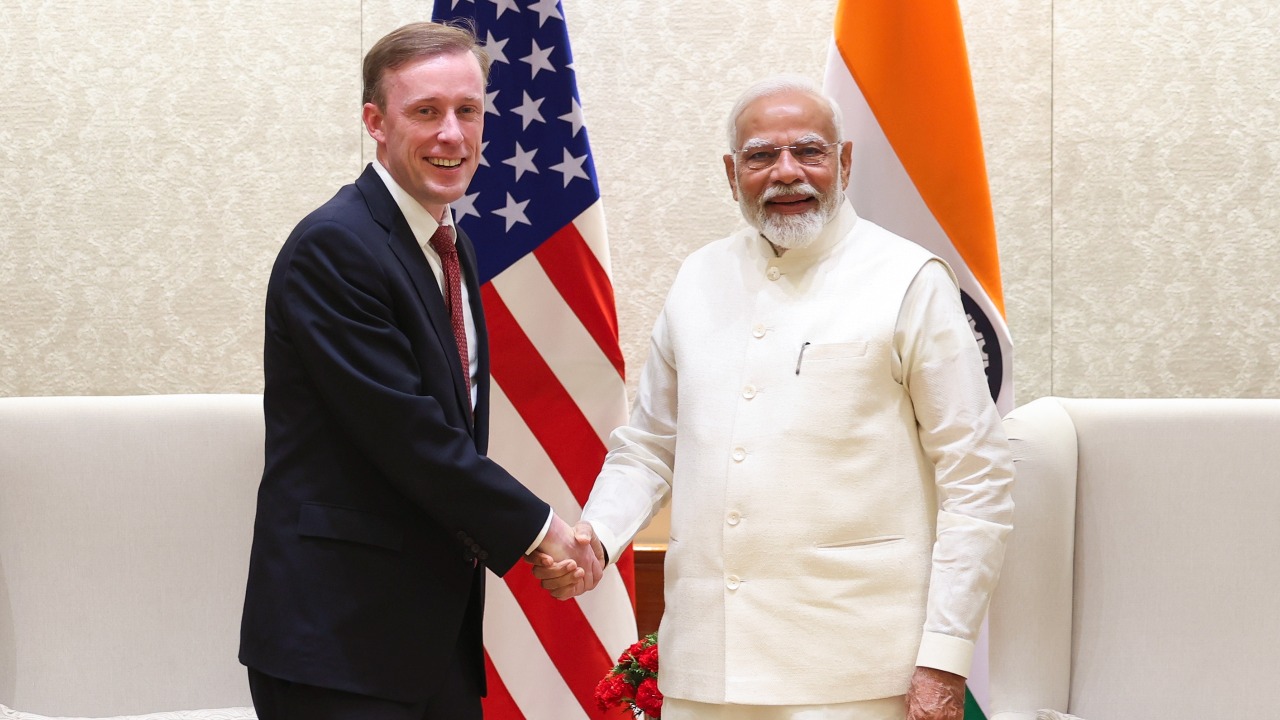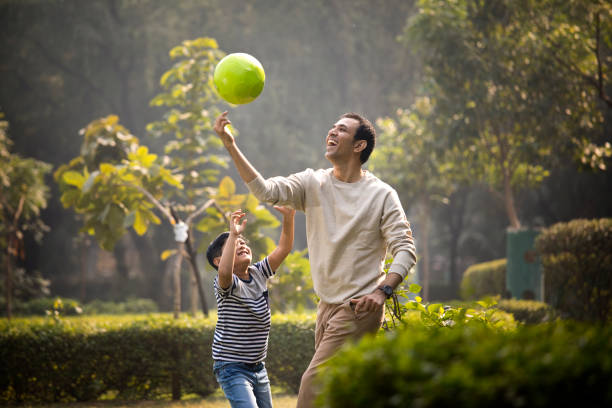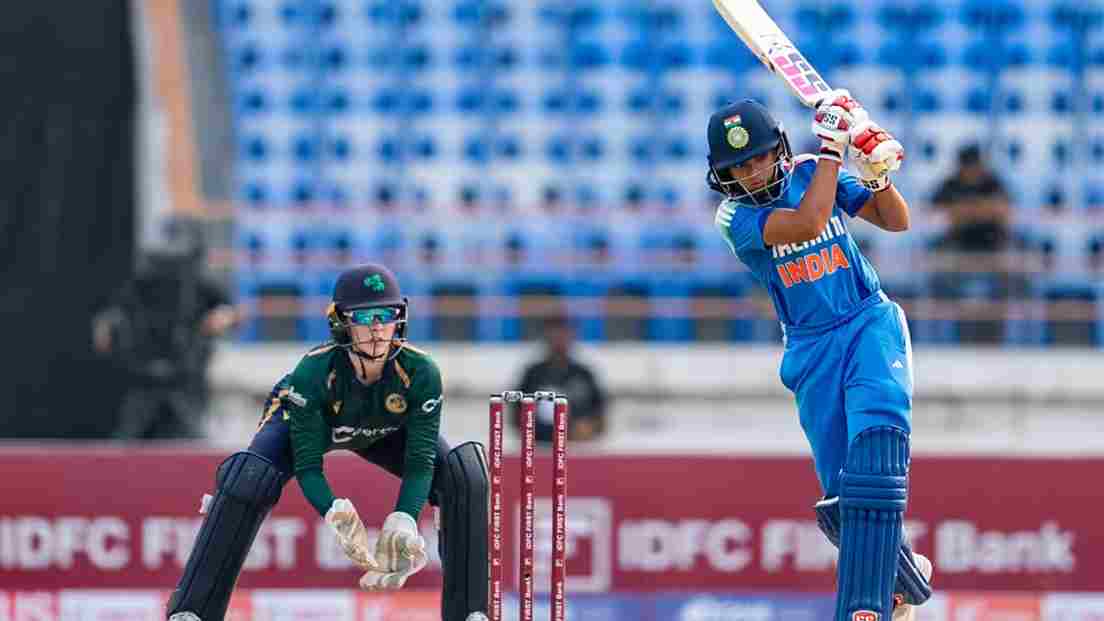HMPV Cases Surge in India: Doctor Explains Its Link to Kidney Complications"

In recent times, there has been a noticeable surge in cases of Human Metapneumovirus (HMPV) in India, raising concerns about its impact on public health. HMPV, a respiratory virus belonging to the Paramyxoviridae family, is primarily known for causing mild to moderate respiratory infections. However, with the recent increase in cases, the health implications are becoming more serious, especially for vulnerable groups such as the elderly, young children, and individuals with compromised immune systems.
The Surge in HMPV Cases in India
India has seen an uptick in HMPV infections, particularly in the winter months, when respiratory illnesses tend to rise due to the colder weather. This virus is transmitted through droplets from coughing or sneezing, and it can spread rapidly in crowded and poorly ventilated spaces, which makes urban areas particularly susceptible. Initially, the surge was seen as a seasonal increase in respiratory diseases, but over time, health authorities have noted a consistent rise in cases that surpass typical seasonal variations.
Hospitals in major cities like Delhi, Mumbai, and Bangalore have reported an increase in patients with flu-like symptoms, cough, shortness of breath, and fever, which are commonly associated with HMPV infections. Though many of these cases remain mild, some have resulted in complications like pneumonia, bronchiolitis, and even hospitalization, especially in children and older adults. Public health experts are concerned that the virus could contribute to an overwhelmed healthcare system, already under pressure due to other ongoing health crises.
Symptoms and Health Implications
The symptoms of HMPV infection closely resemble those of other respiratory viruses, such as influenza and COVID-19. These include fever, cough, sore throat, runny nose, and shortness of breath. For most people, the symptoms are mild and self-limiting, but for vulnerable individuals, particularly the elderly, infants, and those with underlying health conditions like asthma or heart disease, the virus can lead to severe respiratory distress. Pneumonia and other lung complications can be a significant concern, requiring hospitalization and intensive care in some cases.
While HMPV is not as well-known as the flu or COVID-19, its potential to cause harm, particularly in individuals with weakened immune systems, is significant. Medical professionals recommend early detection and treatment to manage symptoms, prevent complications, and reduce the risk of transmission to others. There are currently no specific antiviral treatments for HMPV, so management typically focuses on alleviating symptoms and providing supportive care.
Health and Wellness Tips Amid the Surge
With the rise in HMPV cases, maintaining good health practices is essential to both preventing the spread of the virus and boosting overall wellness. Here are a few tips to help individuals stay healthy during this time:
-
Practice Good Hygiene: Regular handwashing with soap and water for at least 20 seconds is one of the most effective ways to prevent the spread of HMPV and other respiratory viruses. Use hand sanitizer if soap and water are not available. Also, cover your mouth and nose with a tissue or your elbow when coughing or sneezing to reduce the spread of droplets.
-
Stay Indoors if Sick: If you experience symptoms such as cough, fever, or shortness of breath, it’s important to stay at home to avoid infecting others. Rest, hydrate, and allow your body to recover. Seek medical attention if symptoms worsen or if you are at high risk due to age or underlying health conditions.
-
Boost Your Immune System: A strong immune system can help fight off infections like HMPV. Eating a well-balanced diet rich in vitamins, particularly vitamin C, D, and zinc, can support immune function. Fruits, vegetables, lean proteins, and whole grains should be prioritized. Regular exercise, adequate sleep, and stress management also play crucial roles in strengthening the body’s defenses.
-
Air Quality and Ventilation: Ensuring proper ventilation in homes and offices is critical, especially during the colder months. Fresh air circulation reduces the concentration of airborne viruses and lowers the risk of infections. Consider using air purifiers and opening windows periodically to improve indoor air quality.
-
Consult a Doctor: If you are unsure whether your symptoms are related to HMPV or another respiratory illness, it’s essential to consult a healthcare professional. They can provide guidance on treatment and preventive measures.
The Link Between Seasonal Infections and Fashion Trends
While health-related issues like HMPV are on the rise, it’s also important to stay on top of lifestyle trends, including fashion and wellness. The winter season in India, with its chilly evenings, has brought with it a shift in fashion trends that blend warmth with style. Layering is key, with oversized coats, stylish scarves, and cozy knitwear becoming wardrobe staples. These pieces not only keep individuals warm but also help protect against respiratory viruses, including HMPV, by reducing exposure to the cold.
Fashion is increasingly intersecting with wellness. Many fashion brands are embracing the idea of “functional fashion,” offering garments that promote health and well-being. Items such as breathable fabrics, antimicrobial clothing, and UV-protective clothing are becoming more popular. Some are designed specifically to support individuals with respiratory conditions, offering features like better airflow or reduced allergens. As health consciousness continues to grow, fashion has adapted to offer practical yet stylish solutions for staying protected from environmental factors like viruses.
Mental Health and Wellness
Amidst the rise in respiratory infections like HMPV, mental health remains an important focus. The uncertainty and fear surrounding the spread of viruses can take a toll on people's well-being. It’s important to manage stress levels and stay connected with loved ones. Mindfulness practices such as meditation, yoga, and breathing exercises are excellent ways to promote mental health. These activities help reduce anxiety and improve resilience in the face of challenging situations.
Incorporating relaxation techniques into daily routines, whether through digital apps or in-person sessions, can be especially beneficial during times of health uncertainty. Furthermore, ensuring a balanced routine with time for both work and leisure helps avoid burnout, supporting both mental and physical wellness.
Conclusion
The recent surge in HMPV cases in India highlights the ongoing challenges posed by respiratory infections. While the virus itself may not be as well-known as others, its impact on vulnerable populations cannot be ignored. Public health authorities recommend early detection, proper hygiene practices, and supportive care to manage symptoms and reduce the spread of the virus.
Alongside health tips, it’s essential to maintain a focus on overall wellness, which includes staying informed on lifestyle trends like fashion and mental health. As the world adapts to a post-pandemic environment, the fusion of wellness and lifestyle choices will continue to shape how individuals approach their health in everyday life. Staying informed, practicing preventive measures, and making mindful lifestyle choices will go a long way in keeping HMPV and other respiratory diseases at bay.
Posted By: Ashish kumar
.gif)
.gif)



(1).png)

%20(600%20%C3%97%20450px)%20(600%20%C3%97%20360px)%20(500%20%C3%97%20300px)%20(448%20%C3%97%20300px).jpeg)
.jpeg)
%20(800%20%C3%97%20450px).jpeg)
%20(509%20%C3%97%20336px)%20(528%20%C3%97%20264px).jpeg)